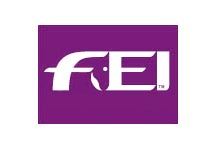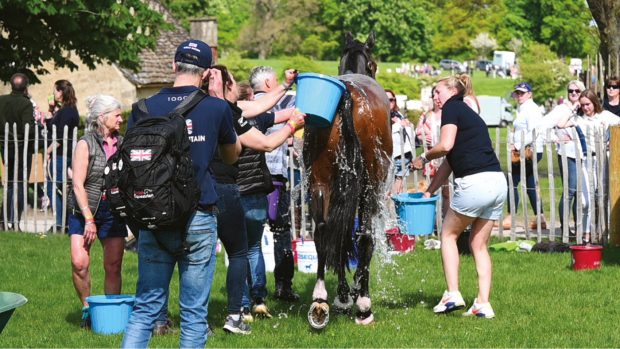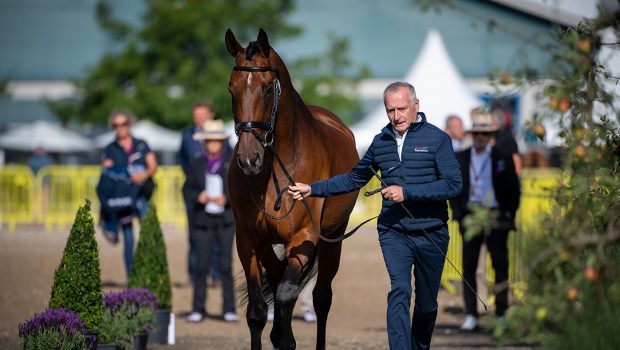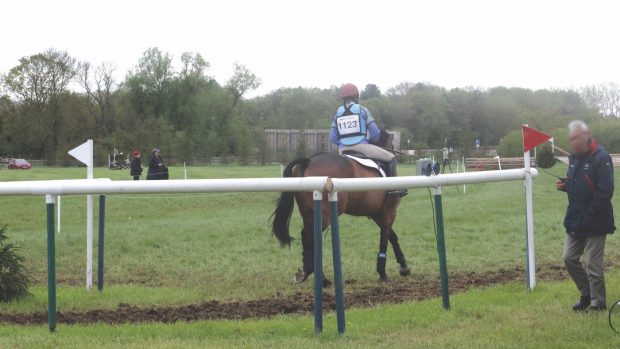Equestrian nations feel alienated from decisions made by the FEI’s 19-person board, the Bureau.
It is too large and less developed nations find it hard to make their voices heard – those are some of the views expressed in a new report into the governance of international horsesport.
The FEI Constitutional Task Force was set up in April at the FEI extraordinary general assembly.
Its remit was to consult with national federations (NFs) and find out whether they are happy with the way the governing body for horse sport is run.
FEI is not ‘us’ but ‘them’
All 133 NFs were consulted, as were associate bodies and the Bureau. The results were presented to the FEI on Sunday (13 November).
Taskforce chairman, and CEO of Equine Canada, Akash Maharaj, told the nations gathered in Rio de Janiero for the FEI General Assembly (11-14 November): “Virtually every NF feels the FEI is ‘other people’ not ‘us’.”
He said this may be caused by poor communication by the Bureau, a lack of participation and understanding of the FEI’s processes by the federations or too complex decision making.
Other issues identified by the task force include the vexed question of slimming down the bureau which caused so much debate at the 2009 General Assembly in Copenhagen and earlier this year (news, 24 March), creating four-year plans for improvement at each federation and creating a mechanism by which those nations that do not hit their targets received less funding, or even are thrown out of the FEI.
A suggestion that the FEI should have strict criteria for emerging equestrian nations wishing to join the FEI was described as “a danger zone” by FEI secretary-general Ingmar Vos.
He said: “If we exclude [emerging federations] in the beginning they will not be able to develop.”
Members feel there is a need for continental groups, like the European Equestrian Federation, as well as regional groups and would like to see powers devolved from the FEI to the regions.
They also feel the different membership rates paid to the FEI by federations should continue but would like to know how they are calculated.
Mr Maharaj suggested that a census is taken of NFs to find out how wealthy they are and what costs they incur the FEI through competition.
Then a new formula should be drawn up to work out how much each should pay.
British Equestrian Federation (BEF) chief executive Andrew Finding asked if this meant wealthy nations would see increased fees.
And Mr Maharaj replied that there would be “winners and losers”. “No NF full understands how its fees are calculated,” he said.
The Bureau will decide which parts of the report can and should be put into action.
- For more news from the 2011 General Assembly see next week’s magazine (24 November).




